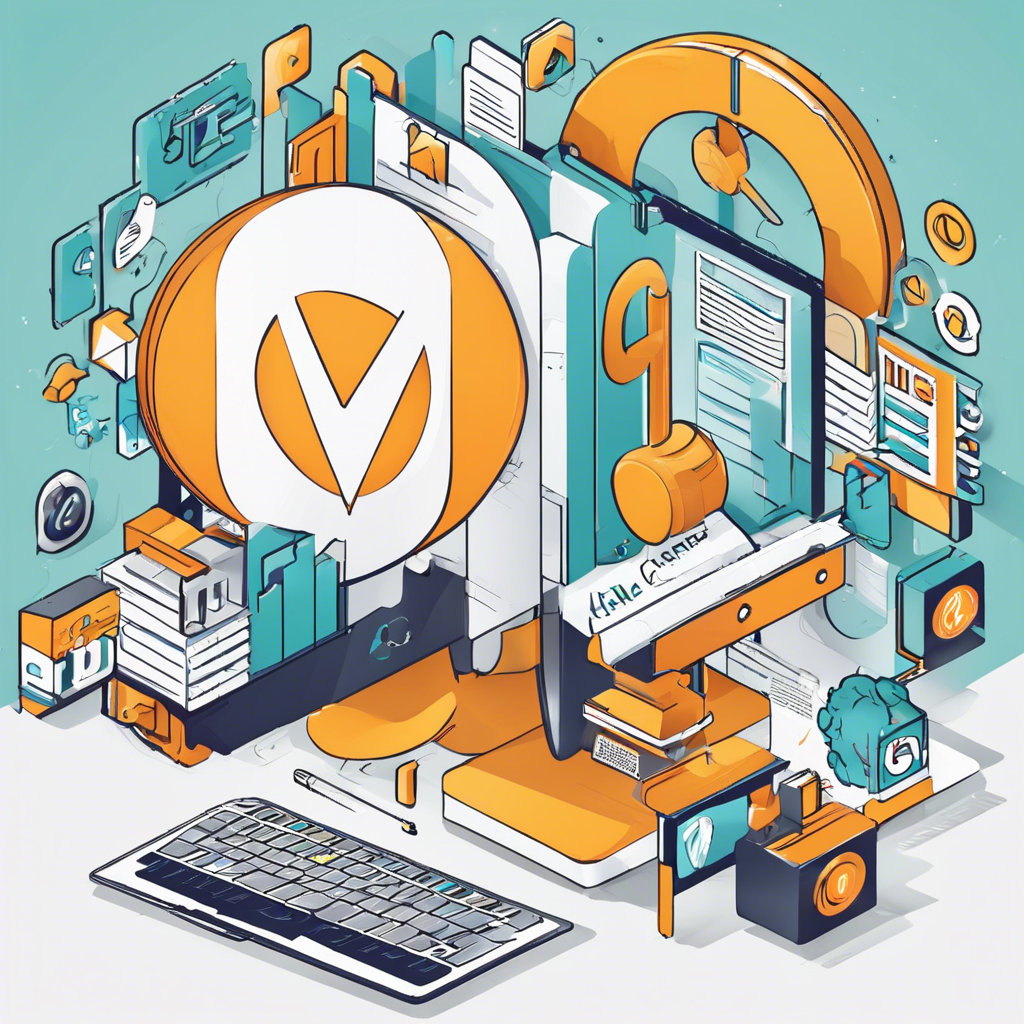Enterprise collaboration software

Enterprise collaboration software is a valuable tool that enables businesses to enhance communication and productivity among employees. These software solutions are designed to streamline internal processes, facilitate teamwork, and improve overall efficiency within organizations. By providing a centralized platform for sharing information, collaborating on projects, and communicating in real-time, enterprise collaboration software plays a crucial role in modern business operations.
One of the key benefits of enterprise collaboration software is its ability to break down silos within an organization. By enabling employees from different departments and locations to work together seamlessly, these tools help foster a culture of collaboration and innovation. This cross-functional collaboration leads to improved decision-making, increased creativity, and ultimately, better business outcomes.
Moreover, enterprise collaboration software promotes transparency and accountability within teams. With features such as task assignments, progress tracking, and document sharing, employees can easily stay informed about project statuses and responsibilities. This level of transparency not only fosters trust among team members but also ensures that everyone is on the same page, working towards common goals.
In addition to improving communication and collaboration, enterprise software also enhances knowledge management within organizations. By providing a centralized repository for documents, resources, and best practices, these tools enable employees to access valuable information quickly and efficiently. This knowledge-sharing aspect not only speeds up decision-making processes but also helps onboard new employees more effectively.
Furthermore, enterprise collaboration software plays a crucial role in fostering a culture of continuous learning and development within organizations. Through features such as virtual training modules, knowledge-sharing forums, and peer-to-peer mentoring, employees can enhance their skills and capabilities on an ongoing basis. This focus on professional growth not only benefits individual employees but also contributes to the overall success of the organization.
Another significant advantage of enterprise collaboration software is its ability to facilitate remote work and virtual collaboration. With the rise of telecommuting and distributed teams, these tools have become essential for maintaining productivity and connectivity across different locations. By providing a digital workspace that transcends physical boundaries, enterprise collaboration software empowers employees to work together seamlessly, regardless of their geographical location.
Moreover, enterprise collaboration software enables organizations to adapt quickly to changing market conditions and business requirements. With features such as instant messaging, video conferencing, and project management tools, teams can collaborate in real-time, make swift decisions, and respond promptly to customer needs. This agility and responsiveness are crucial for staying competitive in today’s fast-paced business environment.
Additionally, enterprise collaboration software helps organizations streamline their workflows and automate repetitive tasks, leading to increased efficiency and cost savings. By integrating with other business systems and applications, these tools enable seamless data exchange and process automation, reducing manual errors and accelerating time-to-market for products and services.
Furthermore, enterprise collaboration software enhances data security and compliance within organizations. With built-in encryption, access controls, and audit trails, these tools help protect sensitive information and ensure regulatory compliance. By providing a secure platform for sharing confidential data and collaborating on projects, organizations can mitigate risks and safeguard their reputation.
In conclusion, enterprise collaboration software is a powerful tool that drives communication, collaboration, and productivity within organizations. By breaking down silos, promoting transparency, enabling knowledge management, fostering continuous learning, facilitating remote work, enhancing agility, streamlining workflows, and ensuring data security, these tools play a crucial role in modern business operations. As businesses continue to embrace digital transformation and remote work trends, the adoption of enterprise collaboration software will become increasingly essential for staying competitive and achieving long-term success.




